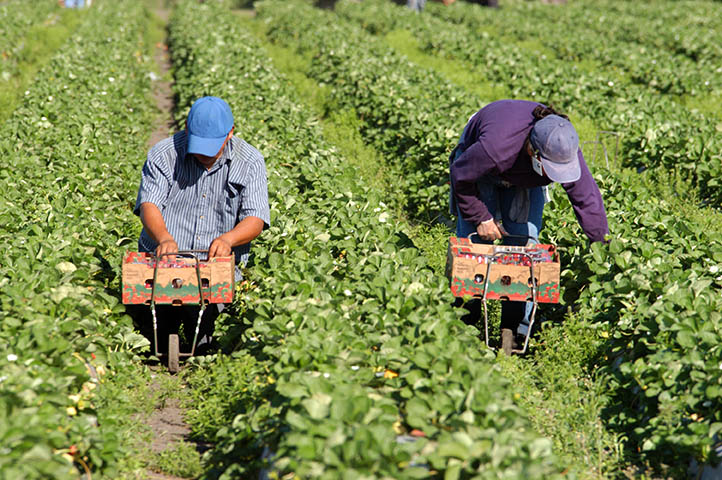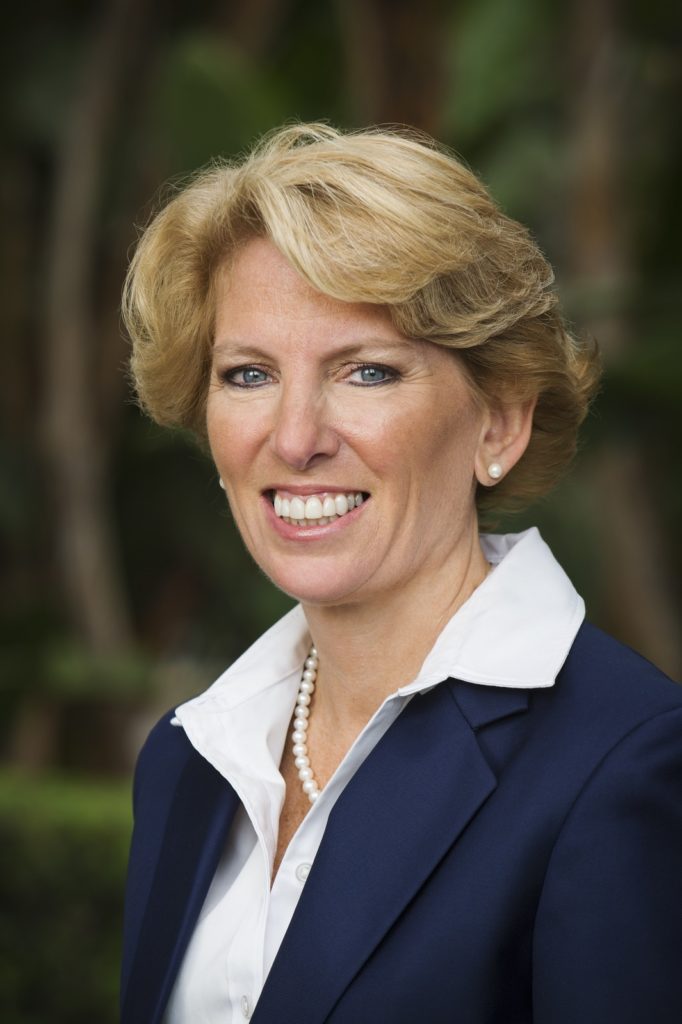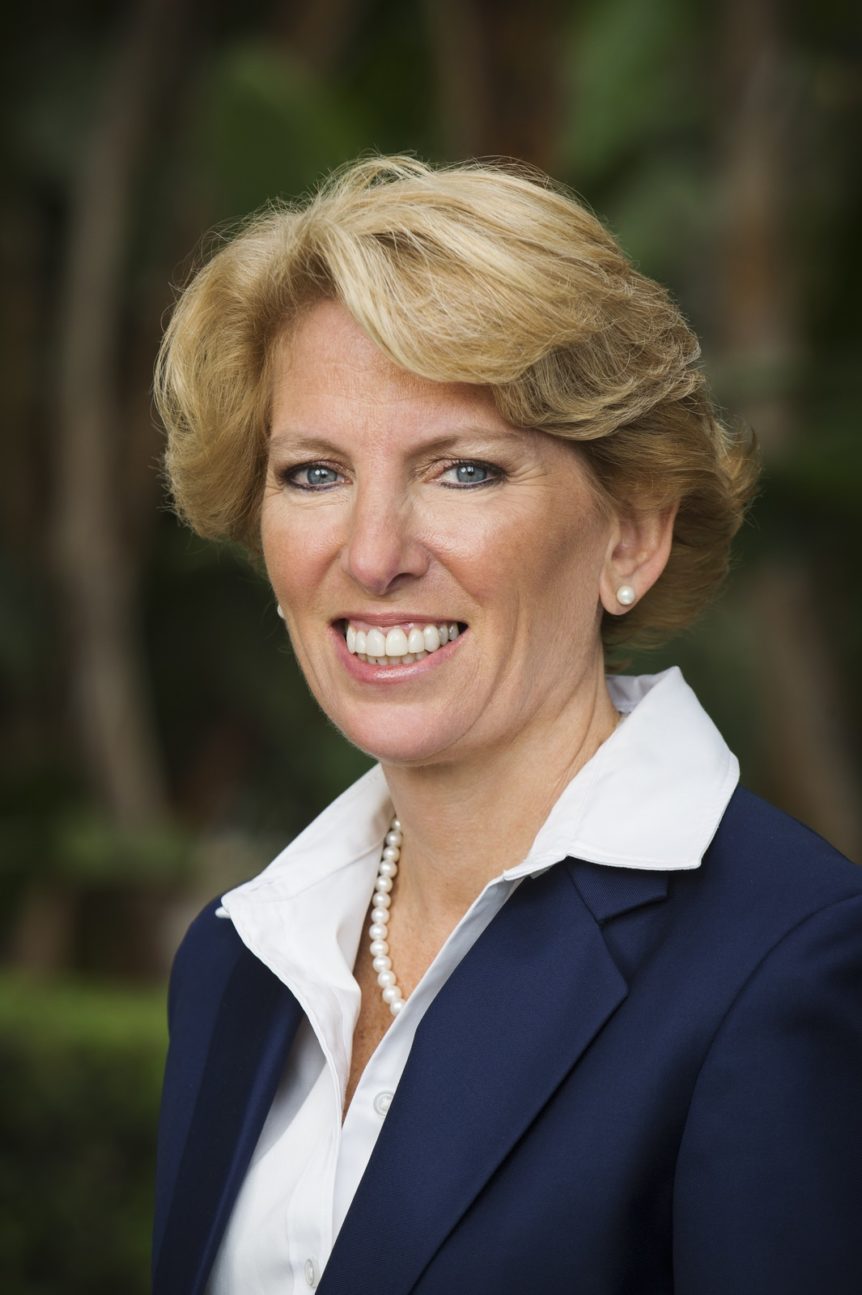By Cathy Burns
Last year, what the specialty crop industry received in terms of legislative and regulatory policies from federal lawmakers was a mixed bag.

While we did see a few positives in terms of investment opportunities in innovation, technology and sustainability, we also saw negatives such as proposed cuts to the fruit and vegetable benefit in the Women, Infants and Children program.
In addition to continuing our advocacy efforts in nutrition and the supply chain, the International Fresh Produce Association (IFPA) remains focused on agricultural labor relief and the passage of a new farm bill.
SEEKING LABOR RELIEF
Wherever you are on the supply chain, labor is a challenge, one most acutely felt by growers. Now more than ever, good help is hard to find (and keep).
During peak season, around 2.7 million workers are needed in agriculture to ensure our products safely and efficiently reach consumers 365 days a year. At least 50% of these workers are undocumented or have false documents regarding their legal status.

Last year, IFPA members, some representing Southeastern growers, pled for action in congressional hearing testimony on the challenges they face with access to farm labor. Congress had the opportunity to act on real reforms — some comprehensive in nature, others more targeted to programs like the H-2A agricultural guestworker program.
This year, IFPA is focused on immediate targeted relief from the deluge of recent rulemaking. We are seeking wage relief in the form of freezing the adverse effect wage rate, as part of our labor reform agenda.
For as much as elected officials tout their support for American agriculture, they have yet to meaningfully address immigration reform or even counter increasing regulations on ag labor. How does the most critical threat to domestic food production consistently get overlooked and undervalued?
This cannot stand.
Congress must recognize that labor security goes hand-in-glove with border security, and it is the foundation of food and nutrition security for our nation. Modernizing the immigration system for the farm and food workforce creates domestic economic opportunities, a safe and secure food supply and helps secure the border.
FARM BILL PRIORITIES
Passage of a new farm bill is also a top priority for IFPA members. With Congress failing to pass a new bill last year, federal programs supporting the fresh produce and floral community are operating currently via a series of continuing resolutions.
The farm bill represents the largest federal government investment for our industry, with more than $3 billion in funding. In addition to supporting nutrition programs, IFPA will pursue full investment of the Specialty Crop Research Initiative, which addresses key challenges of national, regional and multi-state importance in sustaining all components of food and agriculture. We’re also focused on establishing a standalone Mechanization and Automation Research and Development Program. This would consolidate existing research efforts into one program and provide our industry with more opportunities for engagement and oversight.
In addition, IFPA is focused on enhancing rural development and risk management programs. Specifically, this includes:
- Equitable access to U.S. Department of Agriculture programs for specialty crop producers
- Loans and competitive grant reforms to remove barriers to participation
- Prioritization of funding for initiatives related to housing on- and off-farm labor
- Compelling support for more and better crop insurance options for specialty crops
With voters heading to the polls in just months to make decisions that will impact not only the makeup of Congress but also the regulatory agencies we rely on, it would be easy and cynical to simply throw up one’s hands and adopt a mentality that “nothing will get done in an election year.”
This, too, cannot stand.
Our industry cannot allow Congress to dance around the concerns most critical to our success. We will not let elected leaders play musical chairs with issues like labor and the farm bill, only to leave us without a seat when the music stops.
Whether you are an IFPA member or not, if you are involved in fresh fruits, vegetables, flowers or plants, your voice matters. So make sure you speak up!
Together, IFPA’s efforts and advocates like you will make the difference.
Cathy Burns is chief executive officer of the IFPA.










